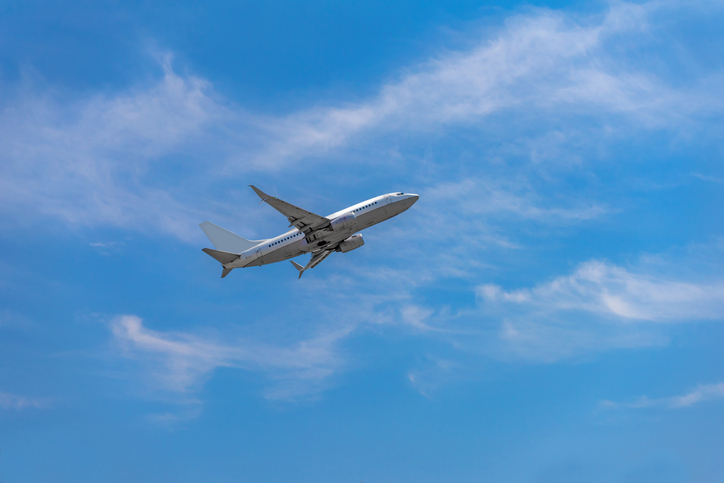Aviation user taxes have disparate impact on airlines due to the antiquated way the U.S. taxes air services, which encourages more passenger fees.
by Robert Poole
A new policy study analyzed the congressionally mandated way in which historic aviation user taxes no longer treat all airlines fairly. In fact, the study finds that the airline trend toward greater use of ancillary revenue policies has decreased revenues to the Airport and Airway Trust Fund by 4.0% to 4.6% due to untaxed baggage and seat reservation fees alone.
The study is “Highly Debated but Still Unbundled: The Evolution of U.S. Airline Ancillary Products and Pricing Structures,” by Stacey Mumbower, Susan Hotle, and Laurie A. Garrow in the Journal of Revenue and Pricing Management, Vol. 22, 2023.
Steve Van Beek of Steer Group sent me a link to the study and enclosed his Jan. 25 commentary from a Steer Group newsletter. I’m reproducing his table from that newsletter, which is based on material in the study.
| Spirit | American | Southwest | |
| Listed Fare | $106.89 | $205.90 | $232.99 |
| Seat Assignment | $21.00 | No charge | No charge |
| Carry On Fee | $58.00 | No charge | No charge |
| One Checked Bag | $48.00 | $30.00 | No charge |
| Total Pax Cost | $233.89 | $235.90 | $232.99 |
| Pax Ticket Tax | $8.02 | $15.44 | $17.47 |
| Flight Segment Tax | $4.80 | $4.80 | $4.80 |
| Total Tax | $12.82 | $20.24 | $22.27 |
| Tax as % of Ticket | 5.5% | 8.6% | 9.6% |
The study and Van Beek’s work based on it note that this large disparity could be addressed in either of two ways. One would be to tax all passenger revenue rather than 7.5% of the nominal ticket price plus the flight segment tax. That would certainly be the path of least resistance for Congress.
But the other way would be for the United States to finally cease being the last holdout among serious countries to charge airlines directly for the air traffic services they receive. The charging principles are spelled out by the International Civil Aviation Organization (ICAO) and consist of two components: en-route user fees based on aircraft gross weight and miles flown, and terminal fees based on gross weight. The United States is the only country that ignores the ICAO charging principles by taxing airline passenger tickets instead. Canada used to have a similar passenger ticket tax, but when it separated air traffic control from Transport Canada, the new nonprofit air traffic control provider, Nav Canada, adopted the ICAO charging principles.
Besides being a more fair and transparent way to pay for aviation infrastructure, the ICAO charging principles may impact airline incentives. It’s long puzzled me that U.S airlines are not more focused on the bang for the buck that they get from FAA’s Air Traffic Organization (ATO).
One reason may be that the airlines are not paying for those taxes—their passengers are. If airlines were themselves the fee-paying customers of the ATO, I suspect they would be a lot more focused on its performance. That’s another reason for rethinking the antiquated way we pay for air traffic control in this country.
Originally published by Reason Foundation. Republished with permission.
For more great content from Budget & Tax News.
